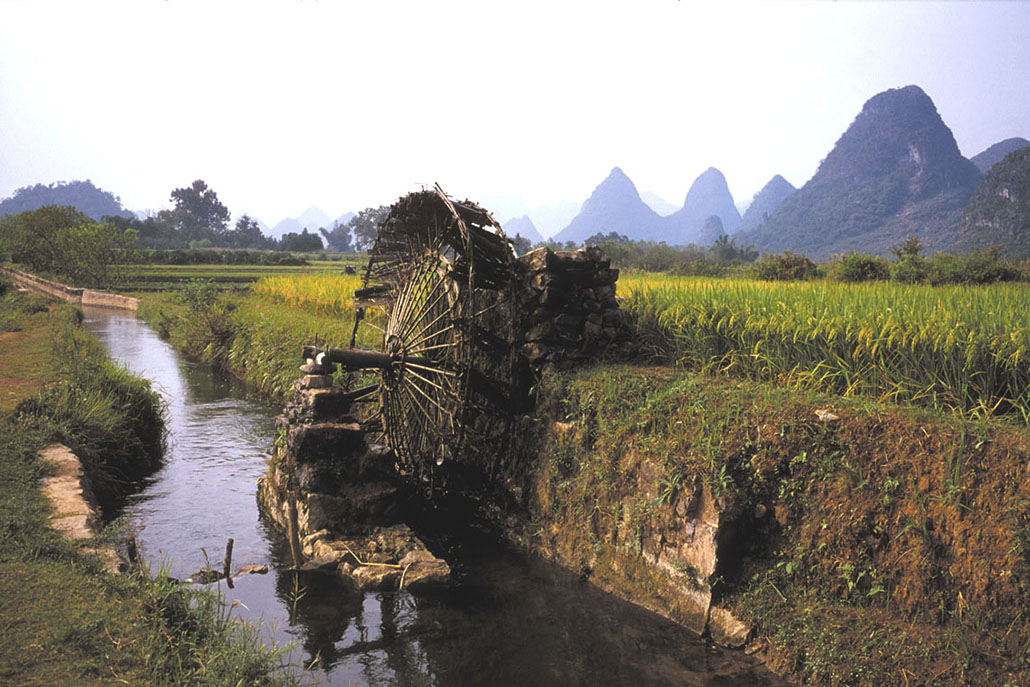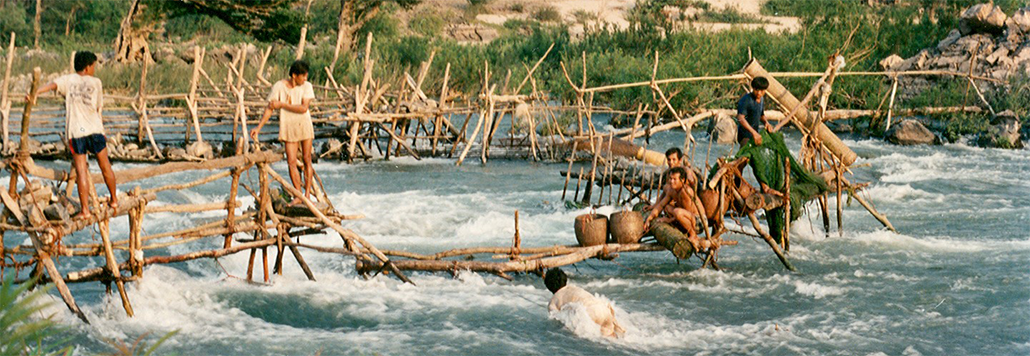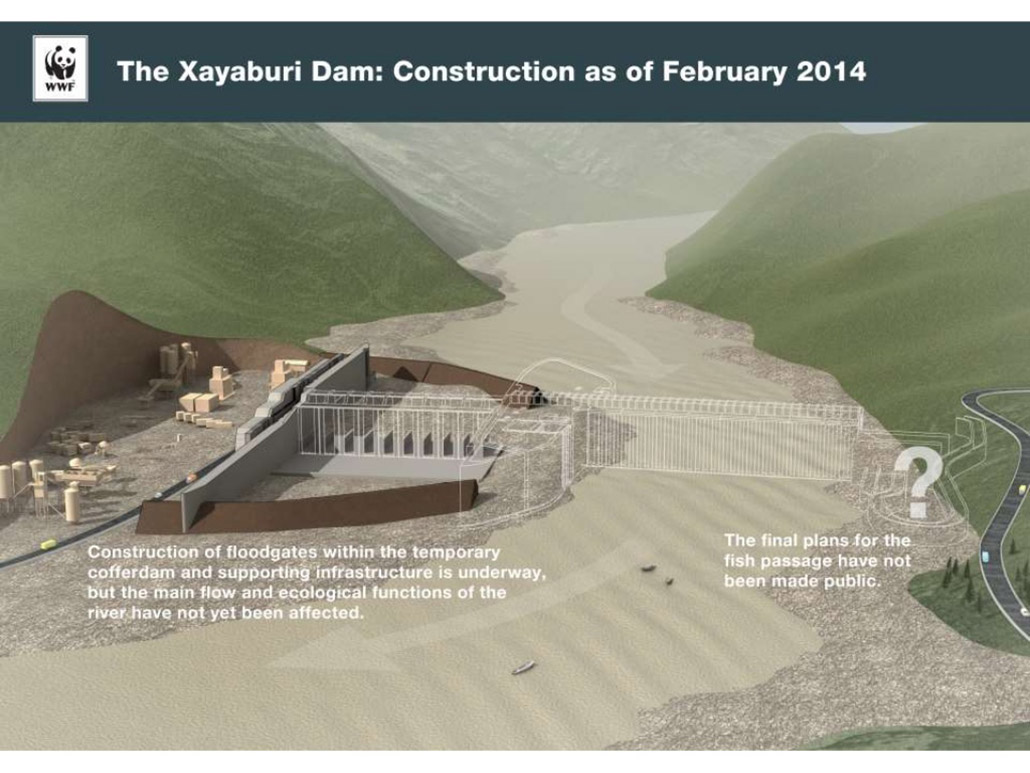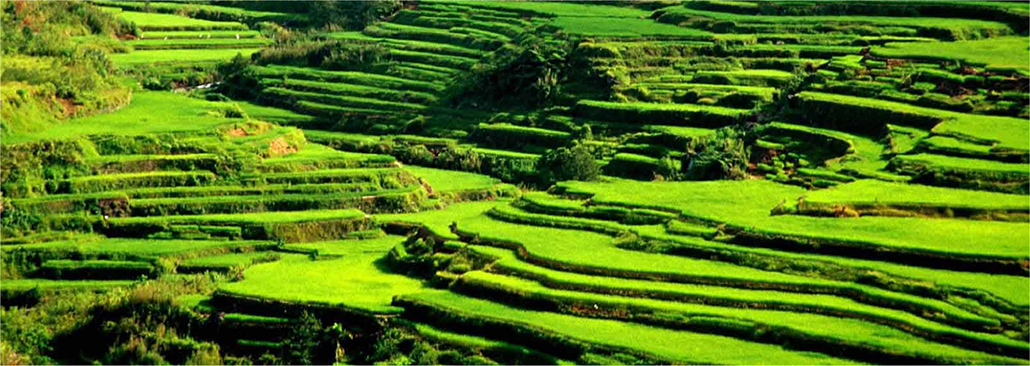M-POWER – CPWF Capacity-Building Program
Place: GMS • Dates: 2012 • Partner: CGIAR
Project Summary
The Mekong Program on Water, Environment and Resilience (M-POWER), with the support and collaboration of the Challenge Program on Water and Food (CPWF), supported assessments and dialog by professionals, researchers, government officials, and others interested in the Mekong Region, its management and its future. The objective of the capacity-building program is to help build capacity and provide support to people interested in improving the interface between research-based knowledge and policy for the sustainable management of water resources in the Mekong basin. Three areas of regional interest were addressed:
- What views are there from China on the Mekong-related interests of downstream countries?
China has often been excluded and reticent about engaging with agencies involved in the management of the Mekong River Basin. Although China accounts for 16% of the Mekong Basin area, it is the basin’s largest as well as most upstream nation. It already has built major infrastructure in the river and has plans for further investments that, taken together, could have major impacts on river flows. The Mekong (Lancang) is potentially an important trade route with South East Asian neighbours, a component of clean energy initiatives, and a part of development strategies for its western regions. The views and positions of Chinese officials and agencies with respect to the Mekong river basin are not well documented nor understood by people living in the basin. Most reporting in mass media focuses on highly polarized debates related to hydropower development. This study should enhance understanding of Chinese perspectives and identify ways in which China can be drawn into a wider dialogue about the Mekong’s future that takes into account downstream interests
- What is the performance to date of the basin’s river basin organisations (excluding the MRC) and how can their performance be improved?
All over the Mekong Basin, river basin organisations (RBOs) are springing up. Proponents applying to answer this question will detail the government policies that have lead to the emergence of these RBOs, and explain why they have decided to adopt these policies. It will identify which catchments have developed RBOs, and will choose a sample of these to explore. In so doing, proponents will examine how effective these organisations have been, the kinds of constraints that they face, and how their performance can be improved. In addition, proponents will analyse the relationship between these RBOs and central governments, identify what executive powers they have (if any), and what their future holds. Proponents may also explore issues of social exclusion and inclusion in such formations that indicate ways that gender, class, age and ethnicity may constrain equitable representations of all stakeholders, their knowledge and interests, in river basin management benefits and risks.
- In what ways does hydropower decision-making and administrationbe improved in the Mekong?
The discussion on hydropower in the Mekong is polarised between ‘for’ and ‘against’ perspectives. These fellowships seek perspectives on what needs to improve in the hydropower sector. We explore in what ways regional governments see hydropower management and decision-making needs to be improved. It is particularly interested in understanding in what ways governments themselves see that the sector
Most Recent Entries

Low Carbon Biomass Conversion in the Sierra Nevada

Import Competition in the California Strawberry Sector







